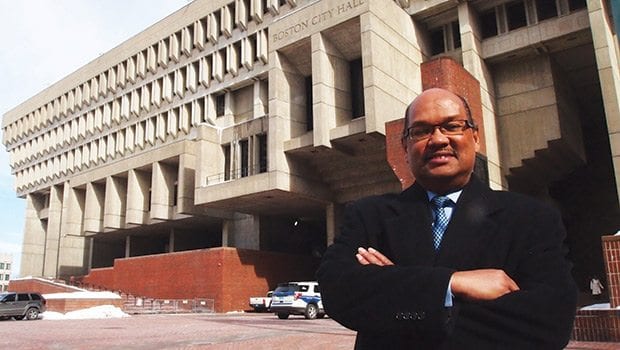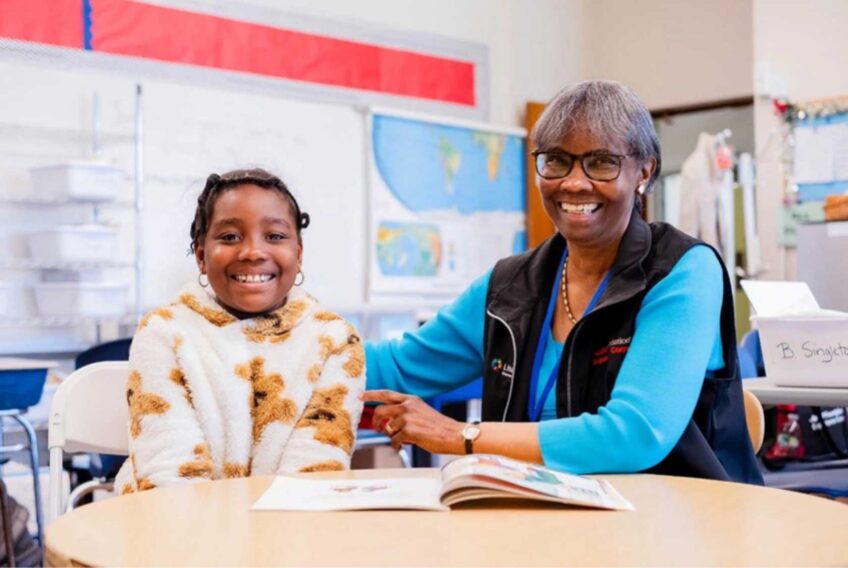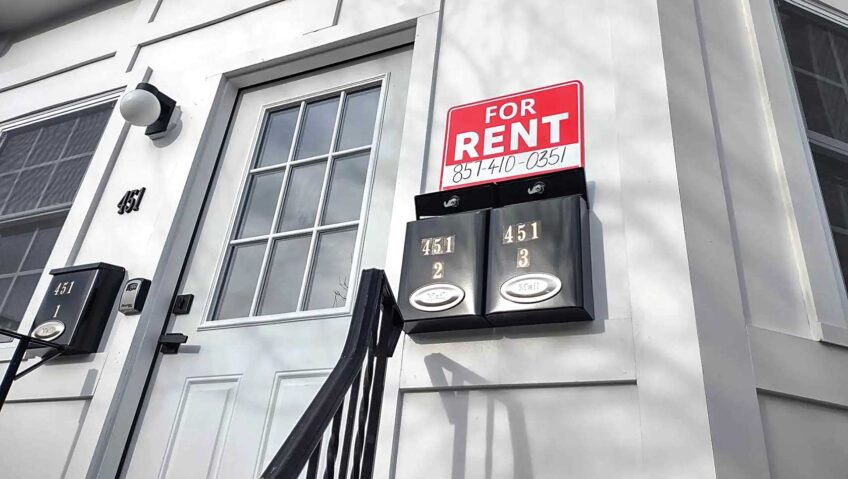
City Councilor Charles Yancey has filed legislation that would establish an independent civilian review board with the power to investigate allegations of police misconduct and impose sanctions against officers.
Yancey’s proposal, which has not yet had a hearing in the Council, comes at a time of increased public scrutiny of police practices in the wake of high-profile police killings of unarmed civilians across the U.S.
“It’s important for elected officials at all levels of government to understand that police accountability is a serious issue,” Yancey said.
Yancey is proposing a board of 11 members appointed by community-based organizations. The board would have the power to subpoena witnesses in its investigations.
That approach differs from the current system, in which all investigations of police misconduct are handled by the department’s own Internal Affairs Division. Civilians unsatisfied with an IAD investigation can appeal their cases to Civilian Ombudsman Oversight Panel (CO-OP), which reviews select IAD investigations.
Mayor Martin Walsh announced last week his appointment of two new members to the three-member CO-OP panel. Former Boston Health and Human Services Chief Larry Mayes and former Judge Regina Quinlan will join New England Law associate professor Natashia Tidwell on the board, which reviews cases that have been investigated by the police department’s Internal Affairs Division, but does not conduct its own investigations.
“The fact that the mayor made the appointments shows he thinks police accountability is important,” said Yancey.
Few cases reviewed
The CO-OP board has reviewed just a small sliver of the hundreds of cases of police misconduct filed with the Internal Affairs Division over the last few years. In 2012, the last year for which CO-OP provides data on its website, civilians filed 324 complaints against police, of which the board reviewed 31. While CO-OP does not have the power to conduct its own investigations, it reviews IAD investigations and makes a determination of whether the investigations were fair and thorough. Of the 31 cases it investigated in 2012, it flagged four as not fair or thorough.
Flagged cases are then referred to the police commissioner for review.
Because the current system relies on the police department’s own investigative arm, civilians have little chance of receiving a fair hearing, argues attorney David Milton, who specializes in cases of police misconduct.
“When we do help people go through the complaint process with Internal Affairs, we make sure they lower their expectations,” Milton said. “It’s a biased and totally ineffectual process.”
And the CO-OP board does little to improve the experience for complainants.
“They can play an important function, in terms of giving some feedback to the police,” Milton said. “But without subpoena power and the ability to conduct investigations and recommend disciplinary action, the CO-OP board is not as effective as it could be.”
Rasaan Hall, deputy director of the Lawyers Committee for Civil Rights and Economic Justice, agrees.
“The absence of teeth — of the ability to do anything beyond investigate whether or not the process was fair and thorough — makes it meaningless,” he said. “They do a good job of providing reports and statistics. But beyond that, there’s nothing that goes toward police accountability.”
Hall said that for the CO-OP to be more effective it would need investigative powers and enough staff to conduct independent investigations.
“If there were really a commitment to a deeper level of accountability, you’d need to budget for paid staff,” he said.
Civilian oversight panels have been in place in U.S. cities since the late 1960s, when African Americans complained widely of police abuse. There are currently 200 civilian oversight boards in U.S. cities including New York, Philadelphia and Los Angeles.
But police unions routinely object to civilian oversight. In January, off-duty police officers scuffled with civilians during a meeting of the St. Louis, Missouri Board of Alderman to discuss the establishment of a civilian review panel.
In the 13-member Boston City Council, Yancey’s measure has support from just two colleagues — Tito Jackson and Ayanna Pressley. The matter has not yet been scheduled for a hearing.







